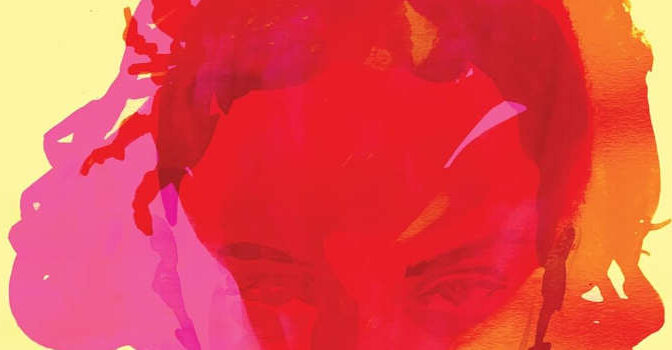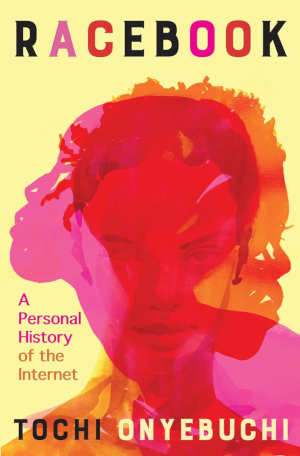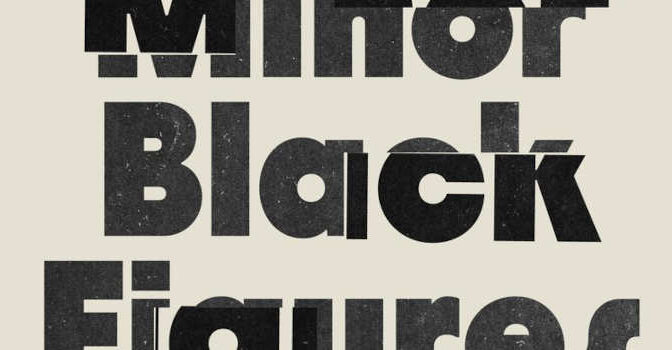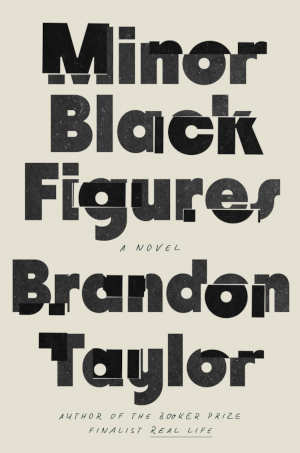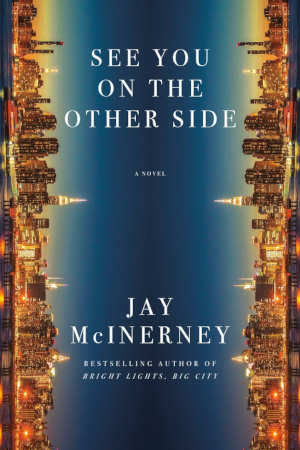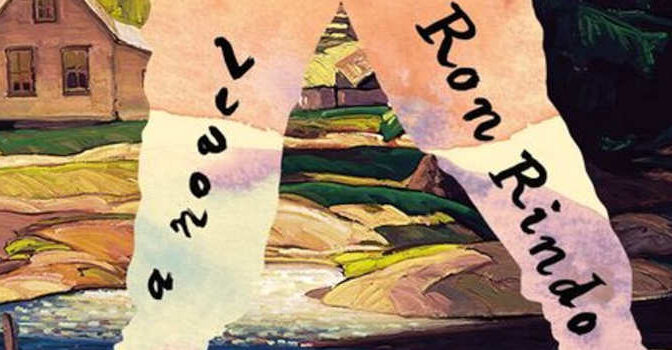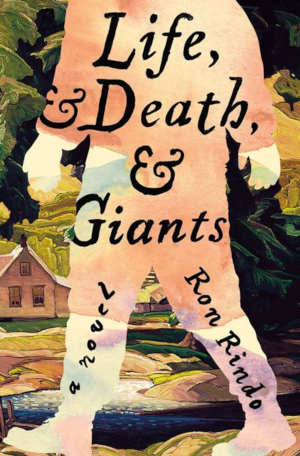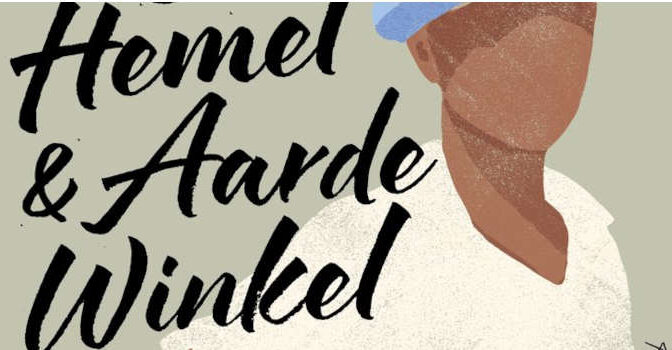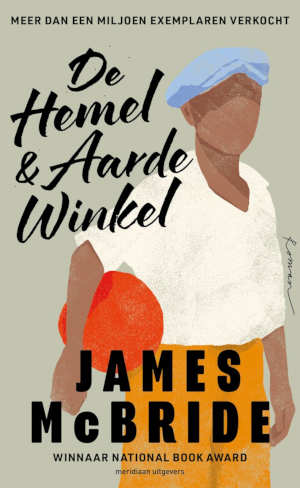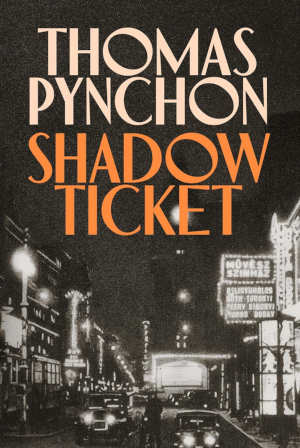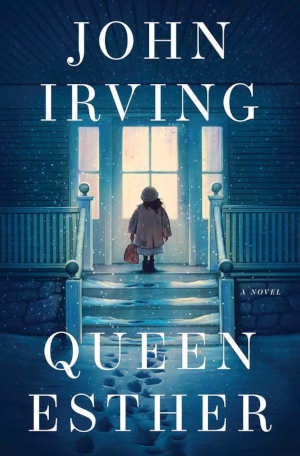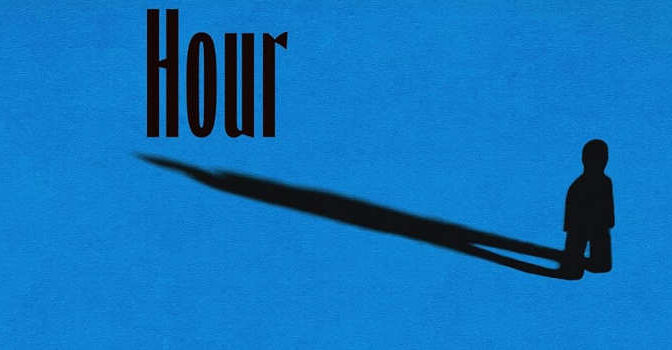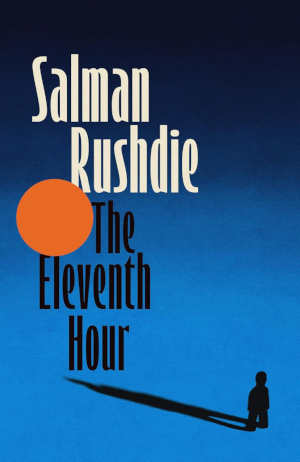Tochi Onyebuchi Racebook review and information of the content of essays, memoir and a pby the American science fiction and fantasy writer and former civil rights lawyer. Grove Atlantic will publish the new Mattilda Bernstein Sycamore novel, on October 21, 2025.
Tochi Onyebuchi Racebook reviews
- “We are in the best, most absolute trouble, y’all, because Tochi Onyebuchi writes as well as he understands the internet, which means he writes as well as humans run from accountable desire. Racebook is absolutely singular in the history of book-making, and the love shown to Black folks and our internet here is as textured as anything Morrison made. We are in trouble, the best, most uprooting trouble, and I am thankful.” (Kiese Laymon, bestselling author of Long Division and Heavy)
- “Starkly original, provocative and brilliantly executed, Racebook warrants our undivided attention. Onyebuchi is a sage observer of this fractured moment and among the internet’s keenest interlocutors.”(Jelani Cobb, author of Three or More is a Riot and New Yorker Staff Writer)
- “Beginning with the adulation of Black cosplayers seizing physical and intellectual properties long coded as white spaces, [Onyebuchi] writes a memoir that contemplates his life online . . . There is personal history throughout, but the essays are global reflections on internet culture more than traditional memoir. Onyebuchi captures several universal moments of a generation growing up online but pushes the narrative further to encompass how it intersected with his offline world.” (Library Journal)
Racebook
A Personal History of the Internet
- Author: Tochi Onyebuchi (United States)
- Book type: essays. memoir
- Publisher: Grove Atlantic
- Released: 21 October 2025
- Length: 256 pages
- Format: hardback / ebook
- Prize: $ 27.00 /
- Order book from: Amazon / Bol
Blurb of the new book by Tochi Onyebuchi
When Tochi Onyebuchi realized his acclaimed science fiction and fantasy career had been centrally preoccupied with race, it prompted him to consider his responsibilities as a Black writer in the internet age. In brilliantly crafted essays, Onyebuchi excavates the internet of the late 1990s and early 2000s, tracing his online persona back to its origins to explore how both evolved in the ensuing decades. Brimming with voracious curiosity and razor-sharp wit, Racebook is a penetrating meditation on how identity and race are forged in the crucible of being online.
Beginning with the current moment when everything is a matter of dispute, back to Web 1.0’s promises of greater equality and a bright digital future, Onyebuchi deftly examines internet culture and its role in shaping our perception of ourselves, our world, and the potential realities we can envision. From the ever-changing nature of personal writing and free expression, to gaming, manga, fandom, and virtual reality, Racebook considers the internet alongside works of literature both classic and new, asking if our vision for what is possible has really broadened. And given the inequities Black people still face, on and off the page, does the internet only amplify our failures of imagination?
An original investigation of race through the lens of the modern internet age and an affecting journey into the heart of community online, Racebook argues for recognizing the individual behind the binary code that shapes our digital lives. As Onyebuchi asks, “Is this a race book or is it not? Is it either-or? Can it be both-and? Can I?”
Tochi Onyebuchi was born October 4, 1987 in Northampton, Massachusetts. He is the Hugo and NAACP Image Award finalist and author of Goliath, Riot Baby, the Beasts Made of Night series, and the War Girls series. His short fiction has appeared in The Best American Science Fiction and Fantasy, The Year’s Best Science Fiction, and elsewhere. His nonfiction includes the book (S)kinfolk and has appeared in the New York Times, NPR, and the Harvard Journal of African American Public Policy, among other places. He has earned degrees from Yale University, New York University’s Tisch School of the Arts, Columbia Law School, and the Paris Institute of Political Studies. He currently resides in Connecticut.
